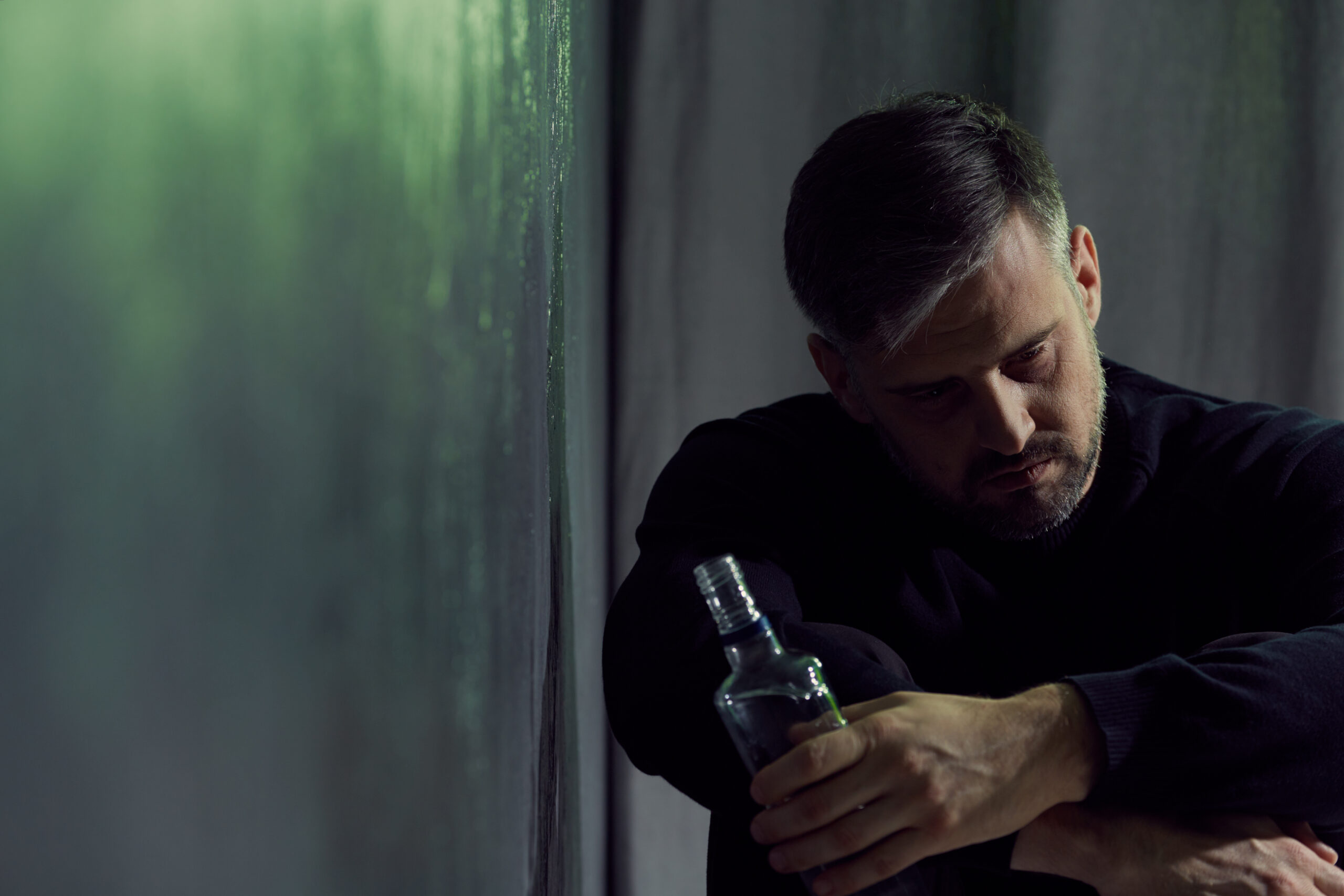What does the word addiction actually mean?
Addiction is a term that is frequently used but often misunderstood. Many people associate it solely with substance abuse or assume it reflects a simple lack of self-control. In reality, addiction is a multifaceted condition that affects the body, brain, and behavior.
In this post, we’re going to try to give you the clearest, most nuanced definition of addiction by digging in and exploring its incredibly complex nature. We’ll debunk common stereotypes, and discuss its profound impact on individuals and their families. By gaining a deeper understanding of what addiction truly means, we can foster empathy, reduce stigma, and support more effective paths to recovery.
Defining Addiction: Beyond the Stereotypes
Addiction is much more than a matter of weak willpower or poor choices. It is a chronic condition characterized by compulsive engagement in rewarding stimuli despite adverse consequences. This condition involves physical changes in the brain, psychological dependency, and behavioral patterns that are difficult to break. Addiction can manifest in various forms, from substance abuse to compulsive behaviors such as gambling or excessive internet use.
The Science Behind Addiction
At the core of addiction lies a significant alteration in brain chemistry and neural circuitry. When a person engages in an addictive behavior or consumes a substance, the brain’s reward system is activated. This reward is the release of dopamine, which is a powerful chemical that produces feelings of pleasure and habit reinforcement.
Over time, repeated exposure can lead to neuroadaptation, where the brain requires more of the substance or behavior to achieve the same pleasurable effect. Genetics, environmental influences, and personal history also contribute to the development of addiction.
Taking this scientific perspective into account, it’s easier to see that addiction is not a moral failing but a medical condition that alters how the brain functions, reinforcing behaviors that can become deeply entrenched and challenging to overcome.
Types of Addiction
Addiction is typically categorized as either substance addiction or behavioral addiction.
- Substance Addiction: This includes the misuse of drugs, alcohol, and prescription medications, where the body becomes physically dependent on the substance.
- Behavioral Addiction: These addictions involve compulsive behaviors like gambling, internet use, or even shopping, where the reward system is similarly hijacked.
Both types can have severe consequences on one’s health, relationships, and overall quality of life. Despite their differences, they share common features, such as compulsivity, continued use despite negative outcomes, and significant disruption to daily functioning.
Impact of Addiction on Individuals and Families
The repercussions of addiction extend far beyond the individual suffering from it. Addiction can disrupt personal relationships, lead to financial instability, and create a cycle of emotional and psychological distress for both the person affected and their loved ones.
Family members often experience feelings of guilt, confusion, and helplessness as they watch someone struggle with a condition that is as complex as it is relentless. The societal stigma surrounding addiction further isolates individuals and families, making it harder to seek help and support.
Anyone on the outside of addiction needs to understand the profound impact of addiction, as well as the core need for empathy, comprehensive treatment, and community support designed to foster recovery and healing.
Embracing Clarity and Compassion with Capo Canyon’s Help
By defining addiction in all its complexity, we embrace a clearer, more compassionate view of this condition. Recognizing addiction as a chronic, multifaceted illness helps pave the way for recovery—one that is grounded in science, empathy, and professional support.
If you or a loved one is struggling with addiction, know that help is available and that recovery is possible. Reach out today to learn more about how you can start on the path toward healing and lasting wellness.





















